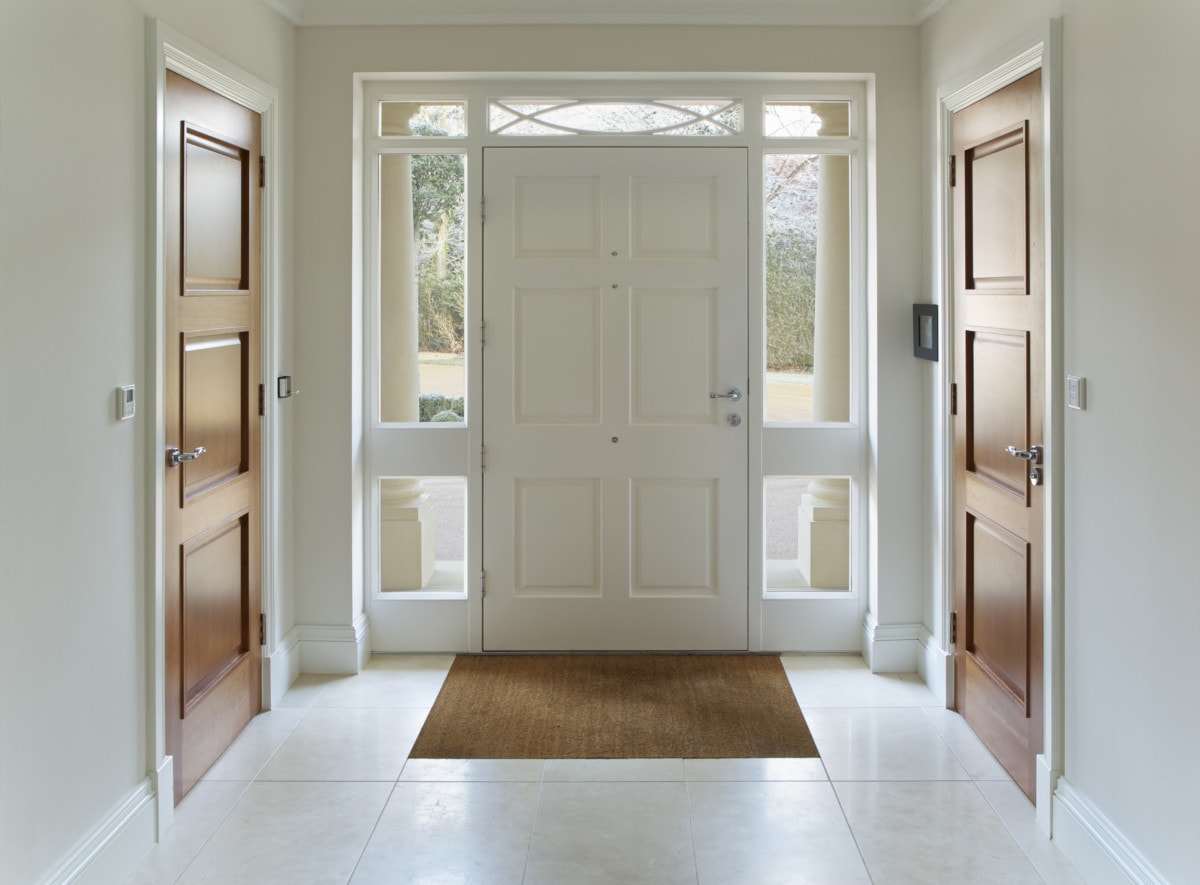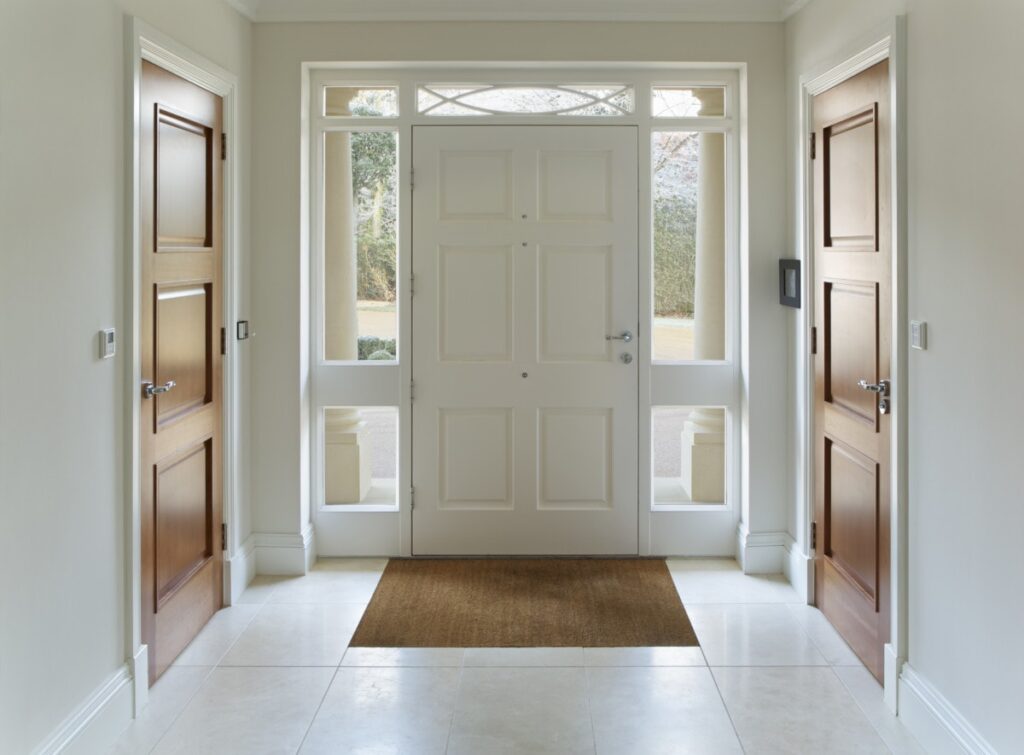Problems with your tenants may cause you to want to take some serious action. After all, it’s your property, right? Yes and no. Although it is your property, your tenants did sign a lease. Technically, they are borrowing your property. For the duration of the lease, it’s theirs, but there are still rules to follow. The lease should list specific consequences for certain actions, giving you specific scenarios in which you can change the locks.
But instead of asking your landlord if you can change the locks, you may want to address any issues that may arise in advance. Know exactly when it’s okay and when it’s not.

When the tenant moves out
The simplest situation in which a landlord can change the locks is at the end of the tenancy. Your tenant did everything right and the day after they moved out, you went to change the locks for security reasons. As a landlord, you have every right to do this. The property is 100% yours until you sign a new lease with a new tenant.
Even if your tenant returns the original set of keys, you can’t be sure they didn’t make a copy. For security reasons and to ensure they can no longer access the property, you should change the locks.
In this case, you will not charge the tenant unless you include a lockout policy in your lease. This is a precaution you choose to take, so it’s up to you as the landlord. But if you have designated this fee to be borne by the tenant, be sure to send them a copy of the service invoice and inform them that you will be deducting the fee from the deposit.
When a tenant abandons the property
If you discover that your tenant has left without notifying you and taken the keys with him, you should consider changing the locks for security reasons. However, for the sake of transparency and the big picture, notify your tenants first.
Technically, even if the tenant does not live in the house, they are still protected by the lease and have access to the property. The first question you should ask them is whether they plan to return. If so, they can legally use the property until the lease expires. Leave the lock intact and remind them that you need the key back.
If they tell you they won’t be back, which means they won’t give you the keys back, inform them of the specific date you’ll be changing your locks.
Even if you hear nothing, you should still wait until your lease is up before taking any action. If this makes you uncomfortable, contact them again and let them know you didn’t hear from them and that the locks are being replaced. If they want to get into the house, just return the key and you’ll be happy to provide them with a new key.
The only other information you need to communicate with your tenant is whether you will deduct the lock replacement fee from the security deposit. You will most likely only be able to do this if it is listed in the lease that the original keys you were given will not be returned.
When a tenant is evicted
Changing the locks is the last thing a landlord can do during the eviction process. It’s also not something you can decide to do without going through legal eviction proceedings.
If your tenant fails to pay rent, or violates the lease in another significant way, you must obtain an eviction judgment before you can consider changing the locks. From that point on, the tenant has a certain number of days to appeal the judgment, depending on the state. You can only change the locks after the judgment and appeals process have concluded.
Each state has its own set of landlord and tenant laws, including the specifics of eviction proceedings. The question of whether a landlord can legally change the locks is best answered by consulting the laws in your state. You may also want to speak with an attorney to make sure you are doing everything correctly.

Can the tenant also change the locks?
Rules about changing locks vary, but they include provisions for landlords and tenants. Most lease agreements prohibit tenants from changing locks, at least without the landlord’s permission. After all, you need to make sure you get a copy of your new key.
You don’t have to know the reason, especially why the tenant wants the locks changed, but you do need to give advance notice and find a way to get back to the property. You don’t want to be without access if you need to make a maintenance call, even after the tenant moves out.
If desired, you can specify the circumstances under which the tenant may change the locks – and give appropriate notice. These options are usually for more serious situations such as lost keys or needing to prevent an old roommate from entering the property.
What to do if your tenant changes the locks without permission
If you discover that a tenant has changed the locks on your property without notice, your first step is to gain access. Ask them for a copy of the new key and remind them that they need to ask you first. If they give you a key without any issues, you can decide to resolve the situation there. You can consider it a strike, but not a cause for further consequences.
Technically speaking, changing the locks means the house is no longer in the same condition it was in when you moved in.
Problems can arise when your tenant doesn’t give you access. If an emergency occurs, such as a fire or water leak, and you are unable to enter the house, you have the right to call a locksmith or even break in. However, taking such drastic action in a non-emergency situation can lead to trouble, so try to avoid it getting to this point.
Sometimes it’s as simple as explaining why you, as a landlord, need to get rent. You can even include this information in the lease so they can refer to it. Mention things like regular inspections, maintenance requests and emergencies. Even people who own their own homes often give someone a spare key, just in case.
Can the landlord change the locks?
Under certain extenuating circumstances, you as a landlord may be able to change the locks. However, it is best to deal with the matter by communicating with the tenant as much as possible and taking appropriate legal action if necessary. Hopefully you’ll never have to deal with an abandoned property or eviction, but if it does happen, you’ll be covered when it comes to locks.

